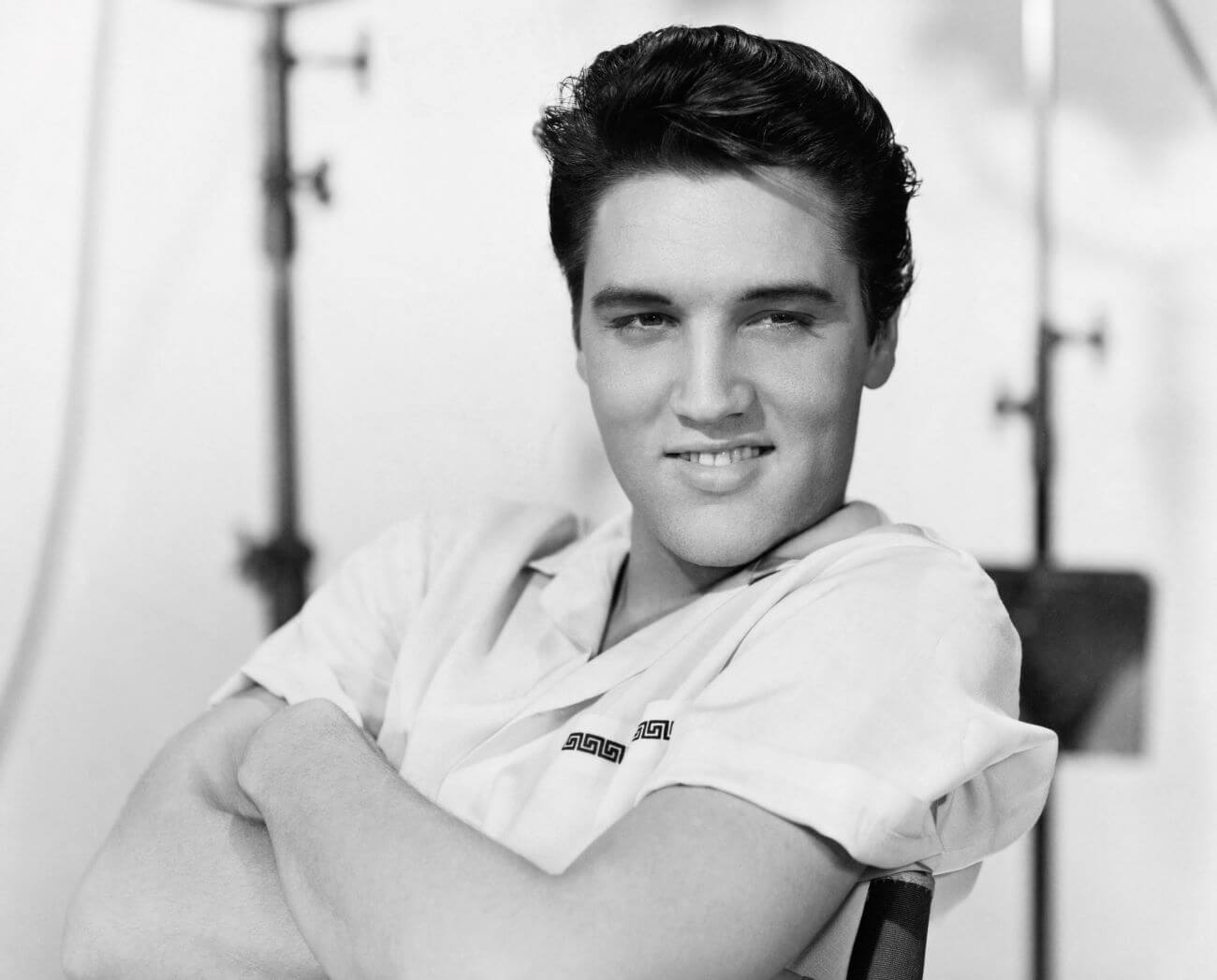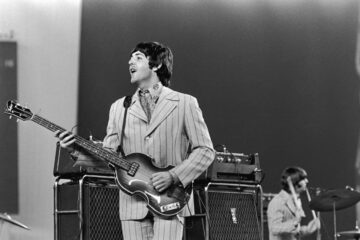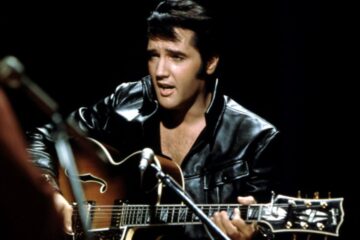In 1957, Elvis Presley began working with Michael Curtiz, the esteemed director of Casablanca. At this point, Curtiz was an Academy Award-winning director, and Elvis was primarily a musician with only three films on his acting resume. Curtiz fully expected to dislike him. When they began working together, though, the director found that he liked Elvis far more than he had anticipated.
Elvis Presley impressed a director who had expected to dislike him
Elvis dove headfirst into preparing for King Creole, believing that the role could be majorly beneficial to his acting career. While Elvis was optimistic about the part, Curtiz wasn’t happy that he had to direct a relatively inexperienced actor. Elvis worked to prove himself to the director, though.
“You just didn’t have a lot of fooling around with Curtiz — I mean, he would embarrass the hell out of you,” Elvis’ co-star Jan Shepard said in the book Last Train to Memphis: The Rise of Elvis Presley by Peter Guralnick. “But no matter what Curtiz would ask of Elvis, he would say, ‘Okay, you’re the boss.’”
Shepard said Curtiz quickly warmed to the musician.
“Curtiz said he thought Elvis was going to be a very conceited boy, but when he started working with him, he said, ‘No, this is a lovely boy, and he’s going to be a wonderful actor.’”
The director helped Elvis give an impressive performance
Under Curtiz’s guidance, Elvis excelled in the role.
“Curtiz encouraged Elvis to underplay the role,” film critic Leonard Maltin said on the King Creole Blu-ray. “If Elvis listened, and I think he did, not only because he was polite and took direction but because he knew he was working with a veteran, a man who knew what he was doing, that’s one of the crucial elements of his performance. He never seems stressed as a character. The character has dilemmas to deal with but he’s a believable character.”
According to Maltin, the performance proved Elvis was a skilled actor, even if his manager Colonel Tom Parker didn’t get him many weighty roles. Elvis believed this performance was his best.
“I like the look of the movie very much, the location photography, the sets, the look and feel of the night club, really solid cast from top to bottom,” Maltin said. “All of those things resonate and make me agree with Elvis that this was his best movie.”
His co-stars shared what it was like to work with the musician
His co-workers also found their on-set experiences with Elvis to be enjoyable. He took his work seriously, which they respected.
“He was very concentrated, very focused on playing Danny,” Shepard said. “For a kid coming in and just beginning his career he had a great sense of timing; there was great honesty in his acting. He was a very good listener, and he just became that young boy, he became Danny in the show. Just like in his music, he really got involved in his acting, you’d look in his eyes and, boy, they were really going.”
Walter Matthau agreed.
“I almost hesitate, I creep up to the sentence, ‘he was an instinctive actor,’” he said. “Because that almost is a derogation of his talents. That’s saying, ‘Well, you know, he’s just a dumb animal who does it well by instinct.’ No, he was quite bright, too. He was very intelligent. Also, he was intelligent enough to understand what a character was and how to play the character simply by being himself through the means of the story.”



